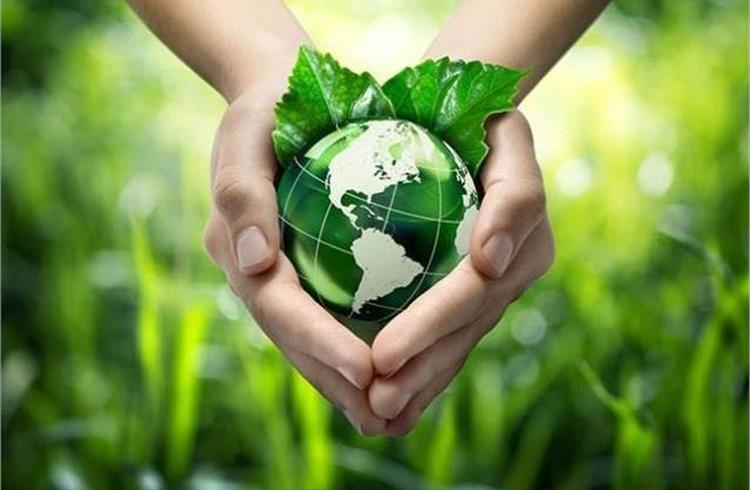The global nonprofit contributes no net emissions in an effort to prevent the impacts of climate change on the world’s most vulnerable.
DENVER : Global nonprofit iDE has announced it has reached carbon neutrality, a major milestone in its efforts to be part of the solution to climate change and help bring about positive change for low-income communities served by the organization.
Becoming carbon neutral means the organization has purchased offsets, known as carbon credits, for its emissions, which come from the use of electricity, and emissions made by iDE directly, from operating heaters, air conditioners, and vehicles, for example.
Dedicated to ending poverty by powering developing world entrepreneurs, iDE last year pledged to go even further on cutting emissions, and reach “net zero” – not only offsetting but producing as few emissions as possible – by the end of 2030.
To reach net zero, iDE will also purchase “carbon renewal credits” to offset any emissions we continue creating. Carbon renewal credits remove carbon from the atmosphere and are different from “carbon credits” which reduce or avoid emissions.
iDE CEO Lizz Ellis said the organization wanted to be a role model for contributing no net emissions, joining international efforts to contain global temperatures to 1.5 degrees Celsius above pre-industrial levels.
“iDE works in countries across powering rural entrepreneurs to end poverty,” says Ellis. “These entrepreneurs, and the low-income communities they work in, are the least responsible for changing climate, yet are the most vulnerable to its consequences and are dealing with its impacts today.”
“We believe everyone – governments, companies, nonprofits and individuals – has a role to play in reducing emissions, preventing the worst impacts of climate change and ensuring vulnerable people can continue to increase their incomes and improve their wellbeing.”
Ellis said iDE recognized the need for reducing the negative climate impacts of its work and aimed to lead the nonprofit sector by example when it came to becoming carbon neutral and reaching net zero.
iDE is joining numerous organizations that have committed to reaching net-zero targets ahead of the international schedule of 2050, and aims to reach the goal by the end of 2030 or earlier. PwC, EY, Vancouver International Airport, and more than 500 B Corps, have committed to doing the same.
To become carbon neutral, iDE partnered with SCS Global to calculate its carbon footprint per the ISO 14064-01 standard, and has purchased corresponding Verra-certified carbon offsets from SCB Environmental Markets.
Excessive production of greenhouse gasses by organizations is reported in terms of three scopes: Scope 1 includes emissions made directly by an organization, such as operating heaters, air conditioners, and vehicles. Scope 2 includes emissions made indirectly through the purchase of grid electricity. Scope 3 includes emissions the organization is responsible for across its entire value chain, which include gasses emitted by the production and delivery of products and services purchased by the organization.
iDE’s commitment to becoming carbon neutral for scopes 1 and 2 has been achieved. iDE’s commitment to being net zero by the end of 2030 includes all three scopes.
In 2018, the Intergovernmental Panel on Climate Change established the science-based targets of achieving net zero emissions by 2050 and cutting 2017 emissions levels in half by 2030 to keep global warming within 1.5°C, mitigating the impacts of climate change.
About iDE:
iDE (International Development Enterprises) is a non-government organization dedicated to ending poverty. Based in Denver, Colorado, our work within agriculture, sanitation, climate change resilience, and gender equality, stands out in the international development sector because we don’t simply hand out money or commodities. Instead, iDE believes in powering small-scale entrepreneurs and building robust market ecosystems that are financially competitive, resilient to changing climates, and inclusive of marginalized people. iDE has over 1,200 global staff and offices in 10 developing countries.

